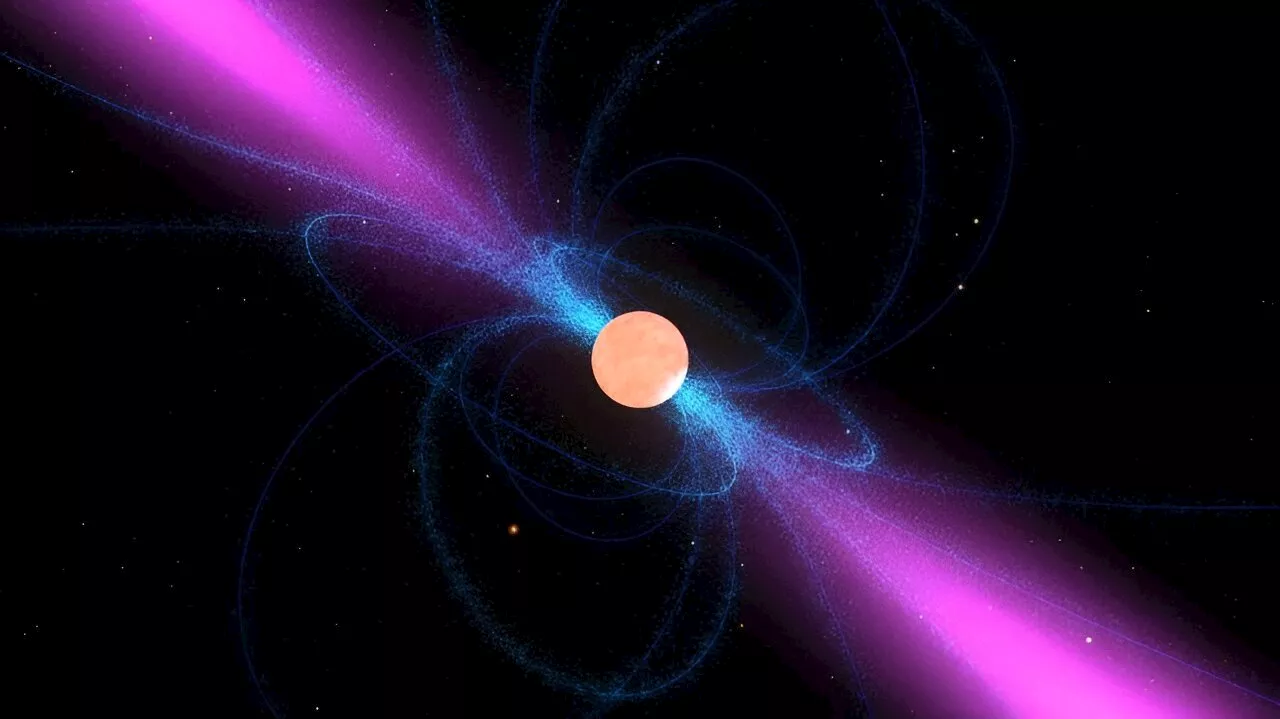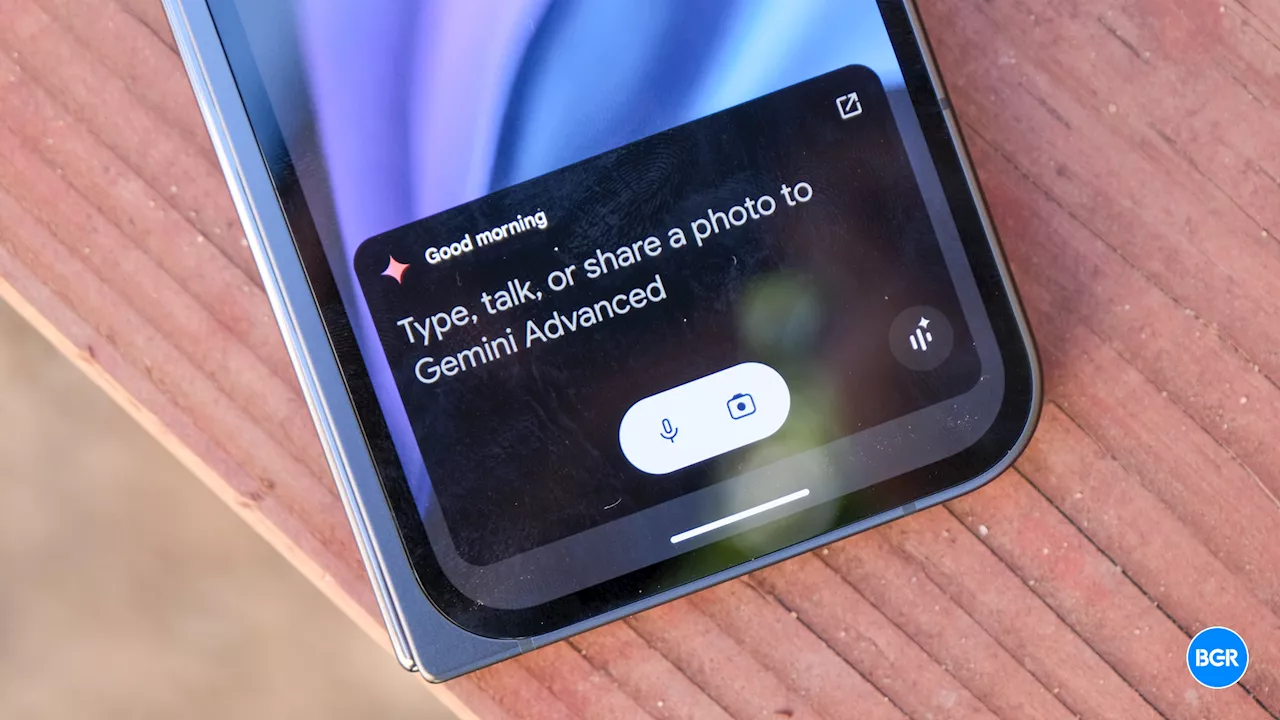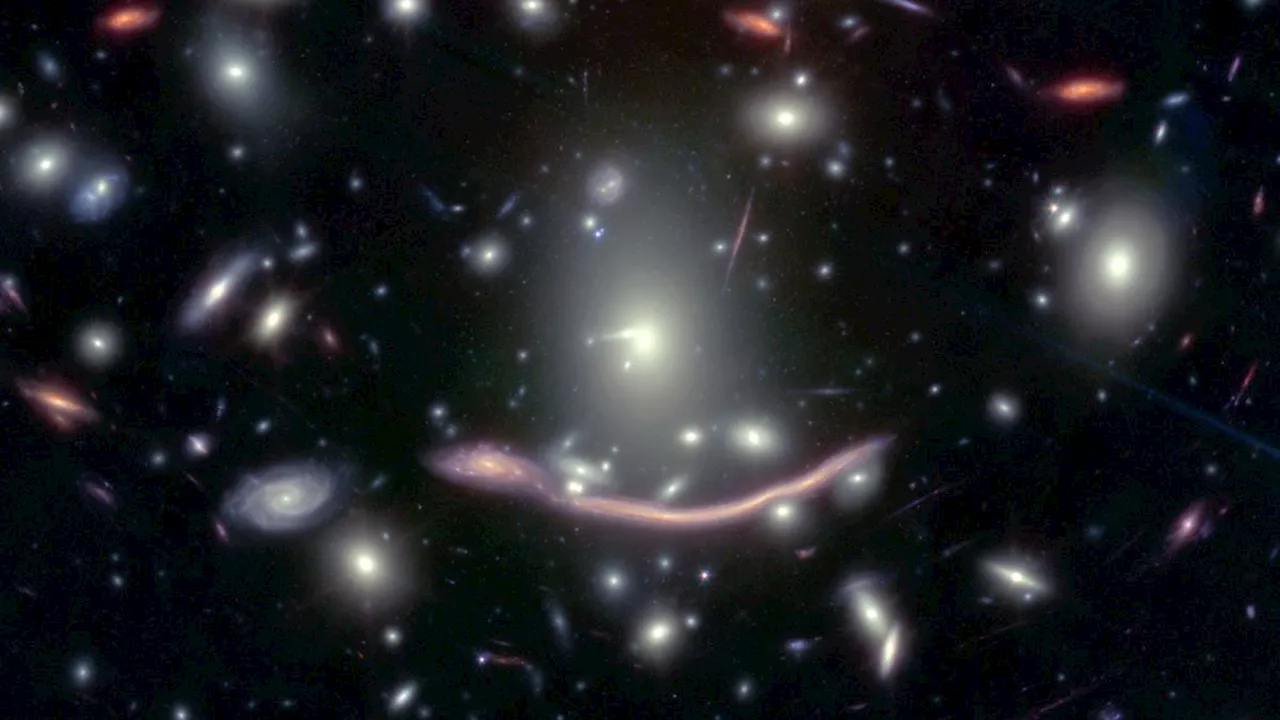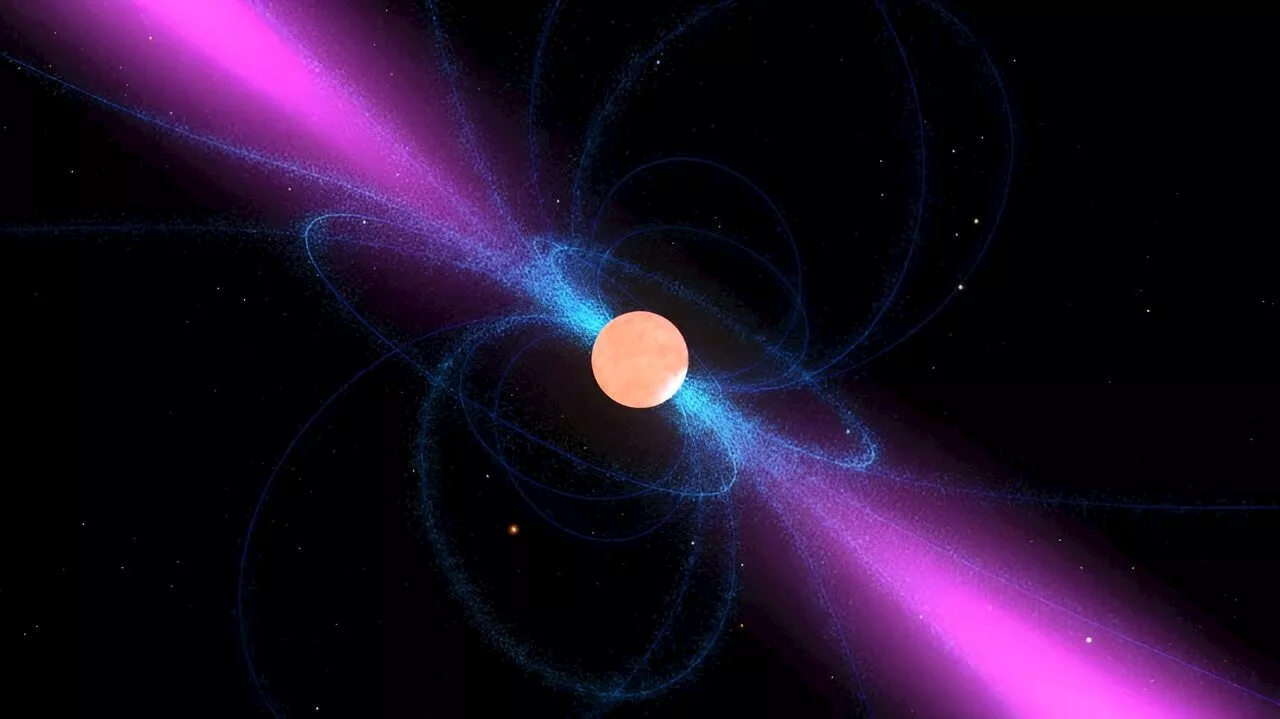The LVK Collaboration conducted a search for continuous gravitational waves (CWs) from 45 known pulsars. While no CWs were detected, the results established upper and lower limits on the signal amplitude, potentially aiding future searches.
, are created when massive objects collide , causing ripples in spacetime that can be detected millions or billions of light years away. Since their discovery, astrophysicists have been finding applications for GW astronomy, which include probing the interiors of neutron stars .
The LVK Collaboration is an international consortium of scientists from hundreds of universities and institutes worldwide. This collaboration combines data from the To date, all GW events observed by astronomers have been transient in nature. To find evidence of these events, the team searched for signals from 45 known pulsars from the first part of the. They also employed three independent data analysis methods and two different emission models. As they indicated in their paper, no CW signals were detected, but the results were still informative:
GRAVITATIONAL WAVES ASTROPHYSICS NEUTRON STARS PULSARS LVK COLLABORATION
United States Latest News, United States Headlines
Similar News:You can also read news stories similar to this one that we have collected from other news sources.
 LIGO Fails to Find Continuous Gravitational Waves From PulsarsSpace and astronomy news
LIGO Fails to Find Continuous Gravitational Waves From PulsarsSpace and astronomy news
Read more »
 ChatGPT Search Now Available to Free Users with Voice Search and Apple Maps IntegrationOpenAI has made ChatGPT Search available to all users with a free OpenAI account. The feature now supports Advanced Voice Mode, allowing users to search the web by voice, and integrates with Apple Maps in online searches on the iPhone app.
ChatGPT Search Now Available to Free Users with Voice Search and Apple Maps IntegrationOpenAI has made ChatGPT Search available to all users with a free OpenAI account. The feature now supports Advanced Voice Mode, allowing users to search the web by voice, and integrates with Apple Maps in online searches on the iPhone app.
Read more »
 Daphne Search and Rescue continues search for Hunter SlezakDaphne Search and Rescue announced on social media Wednesday night that it is continuing to search for the 7-year-old boy lost in a fishing boat accident weeks ago off Dauphin Island.
Daphne Search and Rescue continues search for Hunter SlezakDaphne Search and Rescue announced on social media Wednesday night that it is continuing to search for the 7-year-old boy lost in a fishing boat accident weeks ago off Dauphin Island.
Read more »
 Google Search is getting an AI Mode to compete with ChatGPT SearchGoogle Search might get a Gemini-based AI Mode soon that lets you perform online searches similar to ChatGPT Search.
Google Search is getting an AI Mode to compete with ChatGPT SearchGoogle Search might get a Gemini-based AI Mode soon that lets you perform online searches similar to ChatGPT Search.
Read more »
 BlackCAT: A Cubesat Designed to Detect Multimodal Signals from Gravitational Wave EventsBlackCAT, a new 6U Cubesat, will launch early this year to detect soft X-ray emissions from gravitational wave events. This mission aims to address the limitations of aging X-ray telescopes like Swift and Fermi in identifying the electromagnetic counterparts of gravitational waves. BlackCAT utilizes an array of CMOS X-ray cameras and a coded mask imager to capture and isolate these soft X-ray signals, enabling astronomers to map specific EM emissions to their gravitational wave sources.
BlackCAT: A Cubesat Designed to Detect Multimodal Signals from Gravitational Wave EventsBlackCAT, a new 6U Cubesat, will launch early this year to detect soft X-ray emissions from gravitational wave events. This mission aims to address the limitations of aging X-ray telescopes like Swift and Fermi in identifying the electromagnetic counterparts of gravitational waves. BlackCAT utilizes an array of CMOS X-ray cameras and a coded mask imager to capture and isolate these soft X-ray signals, enabling astronomers to map specific EM emissions to their gravitational wave sources.
Read more »
 JWST Reveals Dozens of Ancient Stars in Gravitational LensThe James Webb Space Telescope (JWST) has captured unprecedented images of a distant galaxy named the 'Dragon Arc', revealing dozens of ancient stars magnified by gravitational lensing.
JWST Reveals Dozens of Ancient Stars in Gravitational LensThe James Webb Space Telescope (JWST) has captured unprecedented images of a distant galaxy named the 'Dragon Arc', revealing dozens of ancient stars magnified by gravitational lensing.
Read more »
